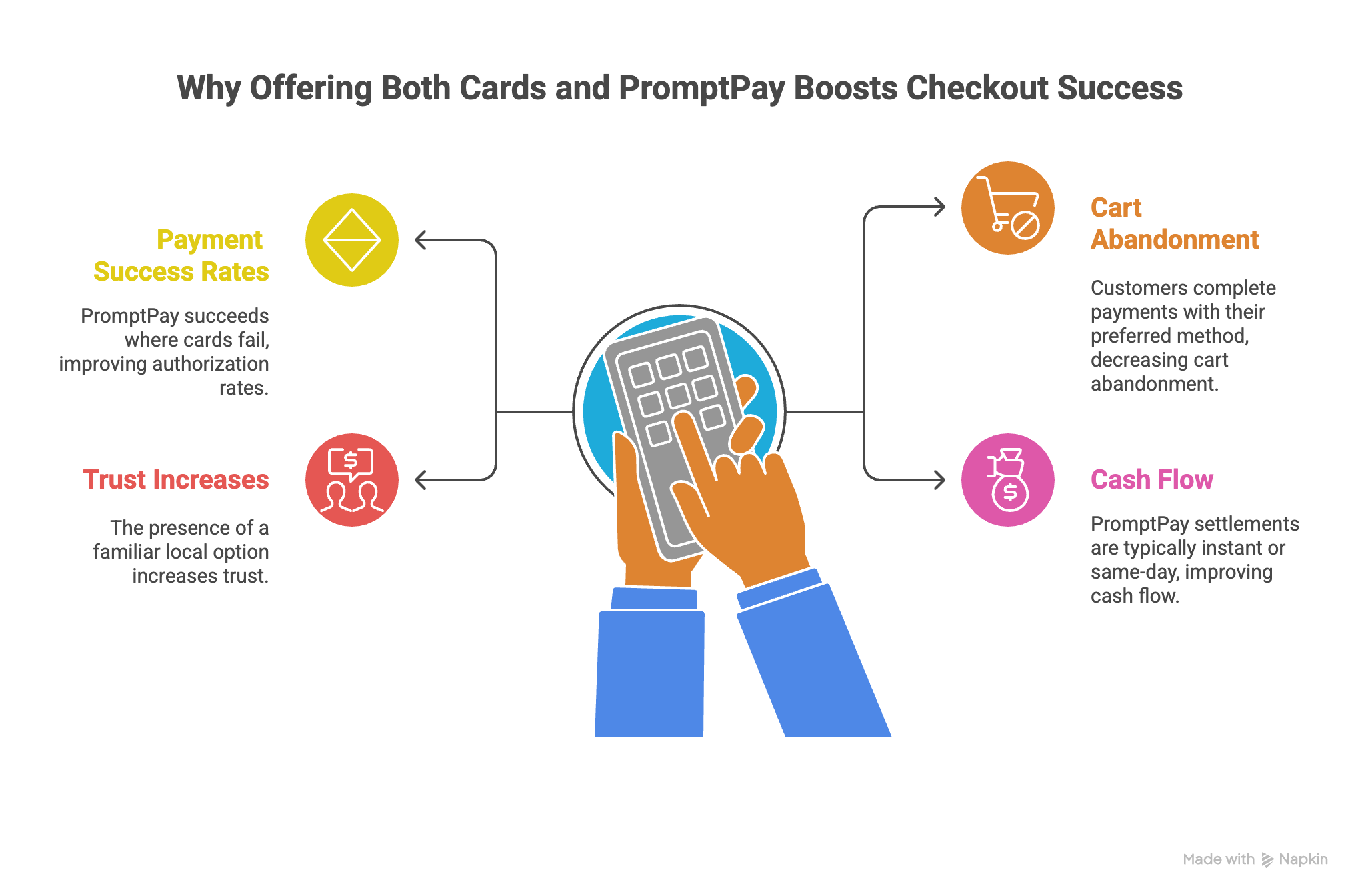Vietnam is becoming a hub for digital growth. With a young, tech-savvy population and a fast-growing economy, it’s no wonder that global businesses — from software companies to marketing agencies — are eager to enter the Vietnamese market. But one big hurdle often gets in the way: the need to set up a local legal business.
The good news? You can explore and operate in Vietnam without setting up a local company. This article shows how businesses can start hiring, paying, and testing the market in Vietnam — all without having a physical presence or going through complex paperwork.
Why International Businesses Are Interested in Vietnam
- Large population: Over 95 million people, most of them internet users. (World Bank)
- Strong digital economy: eCommerce and online services are growing rapidly. (Statista)
- Skilled talent: Affordable and experienced freelance professionals in tech, marketing, and design.
- Strategic location: A key link in Southeast Asia’s trade and supply chains.
- Supportive policies: Government incentives like tax breaks and special economic zones encourage foreign investment.
But Setting Up a Business Locally Is Complex
To officially operate in Vietnam, businesses must go through several steps:
- Long approval timelines and paperwork
- Renting office space (even if you’re remote)
- Appointing local representatives
- Regular tax filing and employment compliance
- Ongoing legal and accounting fees
For many growing companies — especially those exploring a new market — this setup isn’t worth the time and cost.
How to Do Business in Vietnam Without Setting Up Locally
You don’t need to open a local office to work with people in Vietnam. Many companies use international platforms that help them send payments, hire teams, and manage services in Vietnam in a legal and simple way.
Use Cases: When You Don’t Need a Local Company
- Working With Freelancers and Remote Teams
Hire developers, designers, or support agents in Vietnam and send payouts directly in local currency — no local setup needed. - Paying Content Creators and Influencers
Vietnam’s online creator community is growing. Brands can ensure fast and reliable payouts to local influencers, even without an office. - Hiring Local Service Providers
Easily pay advertising agencies, consultants, or logistics partners in Vietnam — without using slow and expensive international bank transfers. - Running Marketing Campaigns
Set up digital campaigns targeting Vietnamese customers and handle payouts to local vendors smoothly from abroad. - Paying Exporters and Suppliers
Support cross-border trade by paying Vietnamese exporters or manufacturers in local currency, even without having a local business presence. - Affiliate and Referral Partnerships
Reward affiliates and business development partners in Vietnam by scheduling regular payouts based on performance, with minimal overhead.
What You Need to Operate Without a Local Business
- A Payment Partner That Supports Vietnam
Look for a provider that allows you to send money in Vietnamese currency through a range of payment methods, including local payment networks, bank transfers, and international systems like SWIFT. This helps accommodate both small and large transactions with better flexibility and cost-efficiency. - Tools to Match Names Exactly
Vietnamese banks require exact name matching. Make sure your payment provider helps check names to avoid failed transfers. - Built-in Compliance Features
Some payment tools help tag your payments with the correct purpose, and let you upload supporting documents. This helps you stay compliant with Vietnam’s financial rules. - Ability to Hold and Convert Multiple Currencies
Choose a platform that allows you to receive, hold, and convert money in different currencies (like USD or SGD) and then pay out in Vietnamese currency — without needing a Vietnamese bank account.
Which Businesses Benefit Most From This Model
- Software and Subscription Services: Attract users and test demand without setting up locally.
- Marketing and Advertising Firms: Run campaigns and pay partners without delay.
- Freelancer Platforms: Allow Vietnamese freelancers to get paid directly.
- Cross-Border Online Stores: Pay local partners or promoters while keeping costs down.
- Consulting or Digital Services: Get paid for projects and services with local settlements.
- Exporters and Importers: Settle payments for goods and trade services efficiently.
- Affiliate Programs: Disburse performance-based payouts to Vietnamese partners.
How to Get Started in 5 Simple Steps
- Choose a Trusted Payment Platform
Find a provider that works in Vietnam, supports payments in local currency, and helps check account details before sending payouts. Platforms like Tazapay offer this and more with built-in compliance features. - Register as a Global Business
Upload your company’s documents to set up your account. No need for a Vietnam-based company. - Invite Your Vietnamese Partners
Let your local team or vendors add their bank details. The system should automatically check for name matching. - Add Funds and Make Payments
Send money from your bank or a wallet in your currency, then convert and schedule payouts to Vietnam. - Keep Track of Everything
Use dashboards to check payout status, download reports, and stay ready for any audits.
Final Thoughts
You don’t need to open a company in Vietnam to start exploring opportunities. With the right tools and global payment support, you can work with local partners, hire talent, and build your brand in Vietnam — while avoiding paperwork and delays.
Tazapay helps businesses expand into new markets like Vietnam by offering fast and compliant local payments. If you're looking to simplify your entry into Vietnam, explore how Tazapay can support your journey.
FX losses occur when funds are converted prematurely or at unfavorable rates, reducing your overall revenue. These small gaps compound significantly across multiple transactions.
Virtual accounts let you collect and hold funds in the same currency without immediate conversion. You can convert or pay out later when rates are more favorable.
No. Tazapay allows businesses to open named virtual accounts in 35+ currencies without the need for local entity registration.
Tazapay supports collections in 35+ currencies and payouts in 100+ currencies through local bank rails or SWIFT.
Yes. You can initiate global payouts directly from your virtual account balances — all managed in one unified dashboard.
Tazapay operates under licenses and registrations with MAS (Singapore), FINTRAC (Canada), AUSTRAC (Australia), and VASP (Lithuania).





.png)






